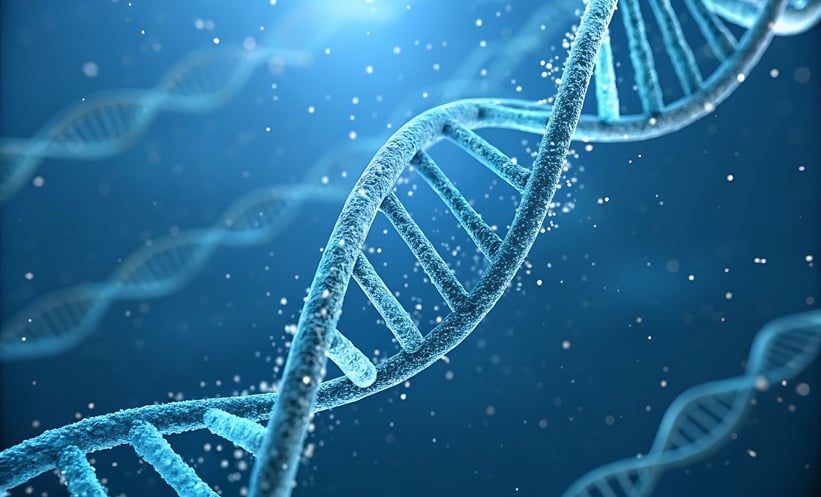Women with endometriosis face a significantly increased risk of developing autoimmune and immunological conditions, according to a major new study published in Human Reproduction. Researchers found elevated risk for diseases such as rheumatoid arthritis, multiple sclerosis, coeliac disease, osteoarthritis, and psoriasis. Notably, the study also identified shared genetic factors between endometriosis and several of these conditions, pointing to common biological pathways.
The large-scale analysis—conducted using data from the UK Biobank—looked at more than 8,000 women with endometriosis and over 64,000 cases of immunological diseases. Researchers used both retrospective and cross-sectional methods to examine disease associations, alongside genome-wide association studies (GWAS) and Mendelian randomization to explore causality.
The results revealed moderate genetic correlations between endometriosis and osteoarthritis, rheumatoid arthritis, and multiple sclerosis, and suggested a causal link with rheumatoid arthritis. Several shared genetic loci were identified, such as BMPR2, BSN, MLLT10, and XKR6, implicating shared immune and inflammatory pathways.
These findings underscore the need for increased clinical vigilance when treating women with endometriosis, as they may be more susceptible to co-occurring immune-related diseases. The shared genetic mechanisms also open the door for future cross-condition drug development and repurposing.
Reference
Shigesi N et al. International Endometriosis Genome Consortium; 23andMe Research Team; Cotsapas C, Knight J, Missmer SA, Morris AP, Becker CM, Rahmioglu N, Zondervan KT. The phenotypic and genetic association between endometriosis and immunological diseases. Hum Reprod. 2025;40(6):1195-1209.








